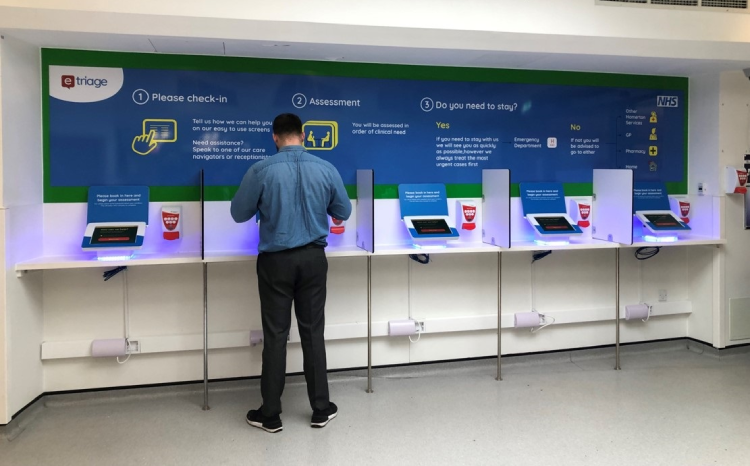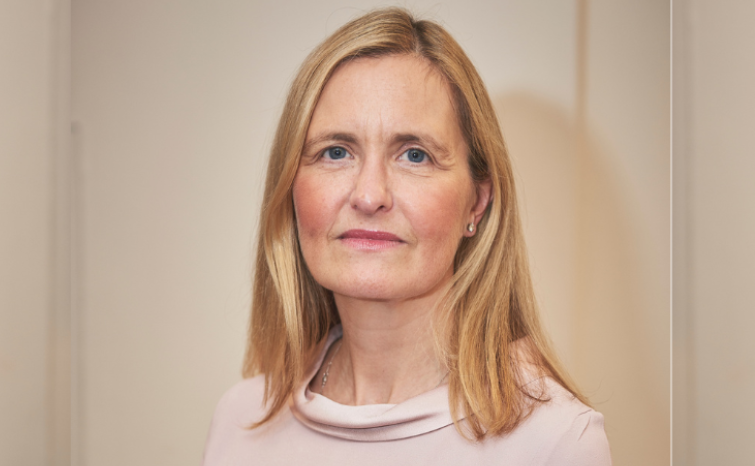Letby: Could tech help detect NHS staff deliberately harming patients?
- 7 September 2023

The horrifying case of neonatal nurse Lucy Letby, convicted of murdering seven babies and attempting to murder six others at the Countess of Chester Hospital, has raised hard questions for NHS leaders about how organisations respond to concerns about staff
Thelma Agnew asks whether digital systems could help detect NHS staff who harm patients at an earlier point
During Letby’s trial at Manchester Crown Court, consultants gave evidence that their concerns about her were repeatedly rebuffed by trust managers. The doctors spotted that Letby’s presence was the common factor in multiple sudden and unexpected collapses and deaths, but allege that managers were not convinced and insisted she remain on the ward. Reports suggest that the consultants were made to apologise to the nurse.
If the pattern connecting Letby to the babies’ deaths had been detected by a digital system, would the response from the trust have been different? Would a machine have been believed?
Alison Leary, chair of healthcare and workforce modelling at London South Bank University and a leading expert on nursing and data, suggests there is potentially a much bigger role for digital in patient safety. “Numbers are often believed more than words – people are more likely to interact with data,” she says.
Unfortunately, an “outlier” event, such as a clinician attacking vulnerable patients in a hospital, is very unlikely to be captured by current systems. “Somebody trying to murder people would be very hard to detect using routinely collected data.”
“EHRs capture activity, they don’t capture workload or incidents very well.”
There are issues with data quality and the “lack of analysis in healthcare data” says Professor Leary.
She points out that other industries, including air traffic control, are much better at detecting “aberrations”. Systems to do that do exist in the NHS, she says, “but they could be used far more…. the technology does exist, however in healthcare there is a very long way to go”.
If digital systems were better at capturing data that reflects reality of nurses’ workload, they would be better placed to highlight when something is going wrong.
Professor Leary would like to see digital leaders in the NHS and suppliers consider how digital systems could make a bigger contribution to patient safety, beyond areas such as prescribing. “The potential is huge in terms of patient safety but currently we are nowhere near that.”
She emphasises that a cultural shift is also necessary. “To be able to learn [from data] you need to be in a learning organisation.”





3 Comments
Totally agree. Humans cant imagine this level of horror. We need the machines to report Letby because we can’t. The technology is there, but is there the will?
“Somebody trying to murder people would be very hard to detect using routinely collected data.” I totally disagree: so simple to collect basic outcome data and look for blips / sub-par trends. Example: basic hip replacements: predictable pattern of outcomes depending on co-morbidities etc. If you operate but do not collect this data and benchmark you are not acting professionally – STOP NOW!
Completely agree with you Pete, the data is there but just not connected. If it ain’t , then we are collecting the wrong data. I am not advocating holding up our hands and saying “its too hard to catch murders with data”. My point is, this is exactly where we should trust the machine to think the unthinkable without any human bias. As a professional and as a grandfather Im not prepared to file this under “shit happens”. I’m ashamed to say that after 15 years in health IT Im still waiting for the great leap forward in patient safety I got into this for. We need to reset on this. Shipman, Allitt, Bristol, Mid Staffs, Maternity++. I’m tired of the scandal, enquiry,report, recommendations, cycle making no difference. Enough lip-service to outcomes and quality time to get serious about data.
Comments are closed.